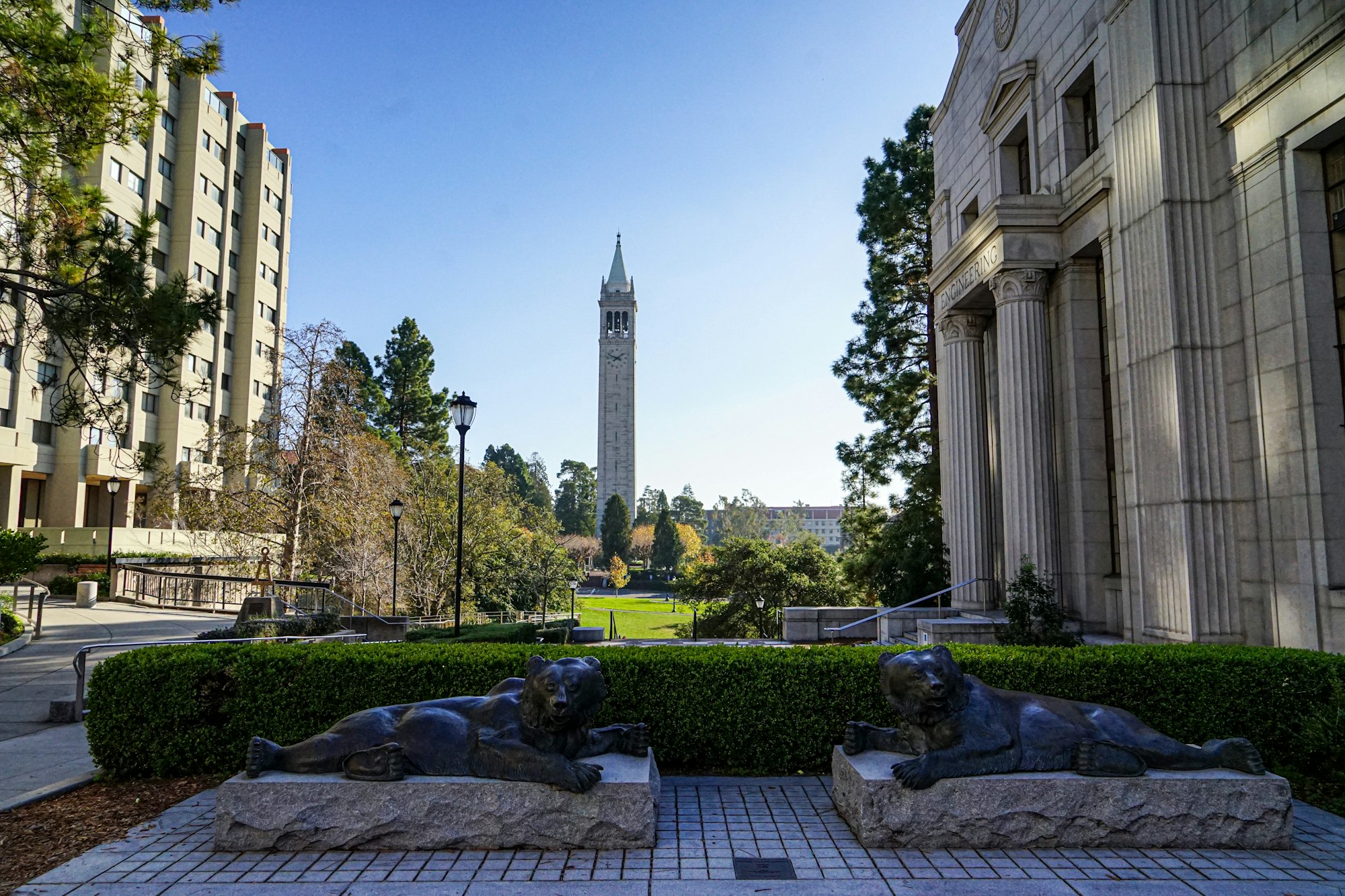The University of California-Berkeley must slash on-campus enrollment by at least 2,500 students in the fall of 2022, according to the outcome of a legal battle that concluded last week.
A local activist group, Save Berkeley’s Neighborhoods, had sued the university under the California Environmental Quality Act (CEQA), a state law that “has been used frequently to block or force modifications to developments, commercial and residential housing tracts, infrastructure, and other projects,” according to Capitol Weekly. Courts agreed with the activists that the university’s environmental reviews of new building projects on campus—some of which would have provided student housing—were inadequate. Thousands of acceptance letters won’t go out as a result.
The dramatic court decision illuminates a deeper problem facing college students in California and many other states: there are not enough housing options near many of the state's top universities. The dearth of housing supply pushes up rents, making it far more difficult for students to afford to attend college.
As Nolan Gray writes in the Times of San Diego, “the same broken environmental review framework that allowed [anti-housing activists] to force UC Berkeley to freeze enrollment has also made it increasingly difficult to build housing in the first place.” Gray notes that activists have used also CEQA to block or delay student housing projects at UCLA and UC-San Diego.
As a result, California students pay more for on-campus housing than students in any other state in the nation. While in-state tuition and fees at California’s public universities are a reasonable $7,700, the estimated cost of room, board, and other living expenses tops $21,000 for on-campus students. At UC-Berkeley, living expenses for students residing on campus exceed $25,000.
Off-campus students don’t fare much better. California students living off campus (but not with family) can still expect to pay over $20,000 annually for rent, food, and other non-tuition expenses. Off-campus living costs in California exceed those in every state but New York and New Jersey.
Some argue that policymakers should increase student financial aid in response to the high cost of living. But California already provides generous support for public higher education, which keeps tuition well below the national average. For most California students, the financial barriers to college are not the product of insufficient government support, but bad housing policy.
In 2021, municipalities in California permitted just three new housing units per 1,000 residents. In the same year, Texas and Florida each permitted three times as many housing units per capita. Misguided laws like CEQA, along with restrictive zoning regulations, building fees, and litigious local activists make constructing new housing in the Golden State an expensive odyssey. When demand for housing soars but supply doesn’t respond, the result is higher rents.
College is already expensive enough without restrictive local housing policies pushing up the cost of attendance. Berkeley and other cities in California can tackle the problem of college affordability by pursuing a policy of housing abundance to push down rents for students and non-students alike.


